South Asia has scarier stories to tell: Usman Mukhtar on ‘Gulabo Rani’ and why horror works
The short film has already won seven international awards in numerous festivals
KARACHI:Horror is a tricky genre of filmmaking and is often very challenging to produce; however, with a compelling script and sound design, the audiences are left hypnotised and, in some cases, extremely flustered and spooked. And that's exactly how Usman Mukhtar's short film, Gulabo Rani makes you feel.
Over the decade, Pakistani audiences have seen many horror flicks come out—from Siyaah (2013) to Maya (2015) and Pari (2018)—yet each failed to hit the mark in its own fashion. Despite checking all the boxes of a horror film checklist — jump scares, thrilling backstories, and ghoulish characters, the films still left the audience with an empty feeling. Pakistani filmmakers may have finally cracked the horror code with Usman Mukhtar’s Gulabo Rani; a 35-minute short film.
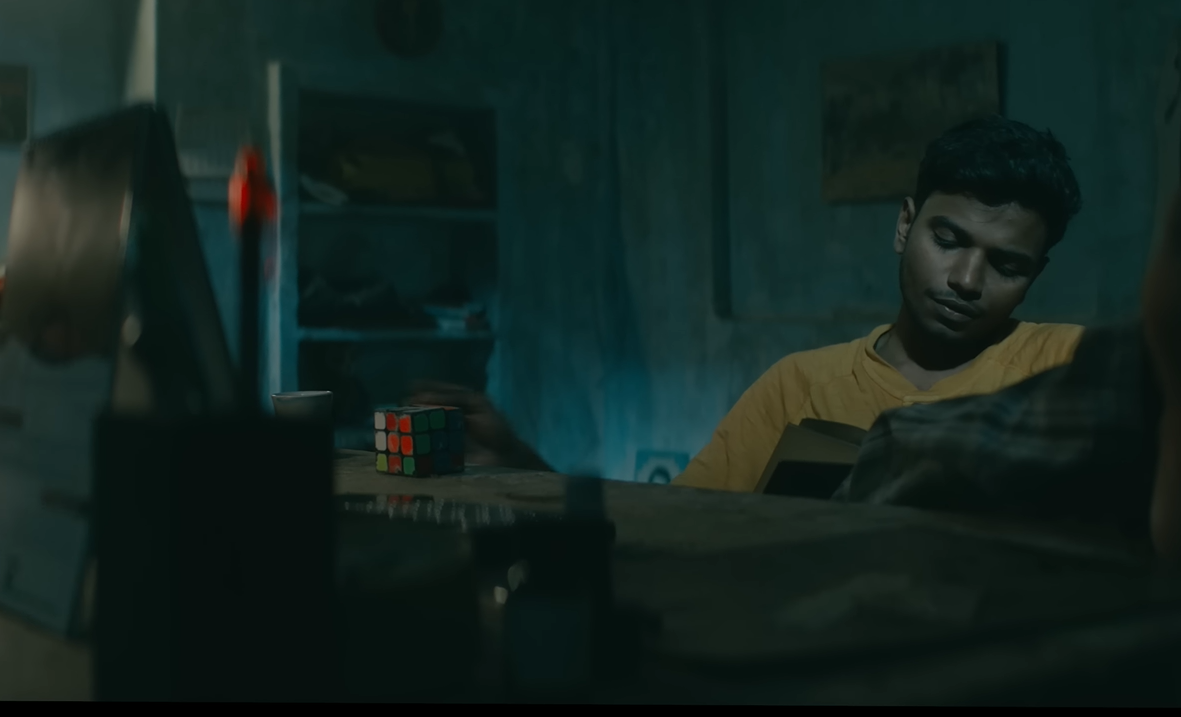 The plot follows the terrifying paranormal experiences of a student, Akhtar, who is accepted into a 150-year-old university and is housed in a dilapidated wing of the hostel, named Wing C. While the storyline starts with a strong-willed boy who seems to pay no heed to any supernatural myths and stories, a few nights at the old hostel alters his entire reality.
The plot follows the terrifying paranormal experiences of a student, Akhtar, who is accepted into a 150-year-old university and is housed in a dilapidated wing of the hostel, named Wing C. While the storyline starts with a strong-willed boy who seems to pay no heed to any supernatural myths and stories, a few nights at the old hostel alters his entire reality.
Starring Usama Javed Haider, Meiraj Haq, and Danial Afzal, the Mukhtar directorial has the potential to make you anxious and be at the edge of your seat, through and through. And the credit goes to its eerie cinematic production, nail-biting sequences, and a score that will remain etched in your mind forever, like an uncomfortable recollection of the entire film.
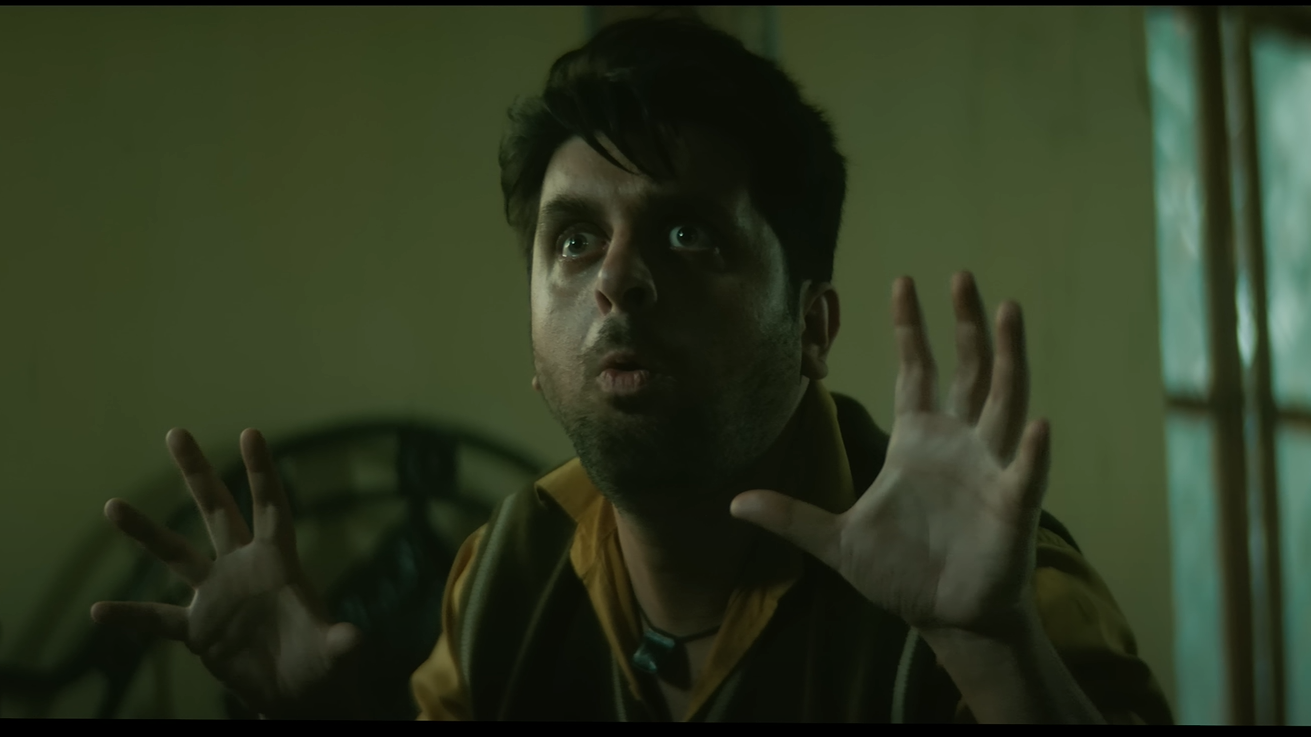 "When we were coming up with the concept of the movie, I had a specific sound in mind for the film," said Mukhtar in a conversation with The Express Tribune. Detailing his vision for the short film's sound design, the director revealed that Gulabo Rani's score was "very much inspired by Colin Stetson who curated the music score for Hereditary, and Mark Owen."
"When we were coming up with the concept of the movie, I had a specific sound in mind for the film," said Mukhtar in a conversation with The Express Tribune. Detailing his vision for the short film's sound design, the director revealed that Gulabo Rani's score was "very much inspired by Colin Stetson who curated the music score for Hereditary, and Mark Owen."
If there is one aspect of Gulabo Rani that stands out, it's the score. From the beginning, as we enter Akhtar's isolated hostel room to see him studying amidst a rainy night, to the end, where we witness him trembling with fear and sobbing as he looks upon the dreadful eyes of Gulabo Rani, sound plays a significant role in every single scene of the film.
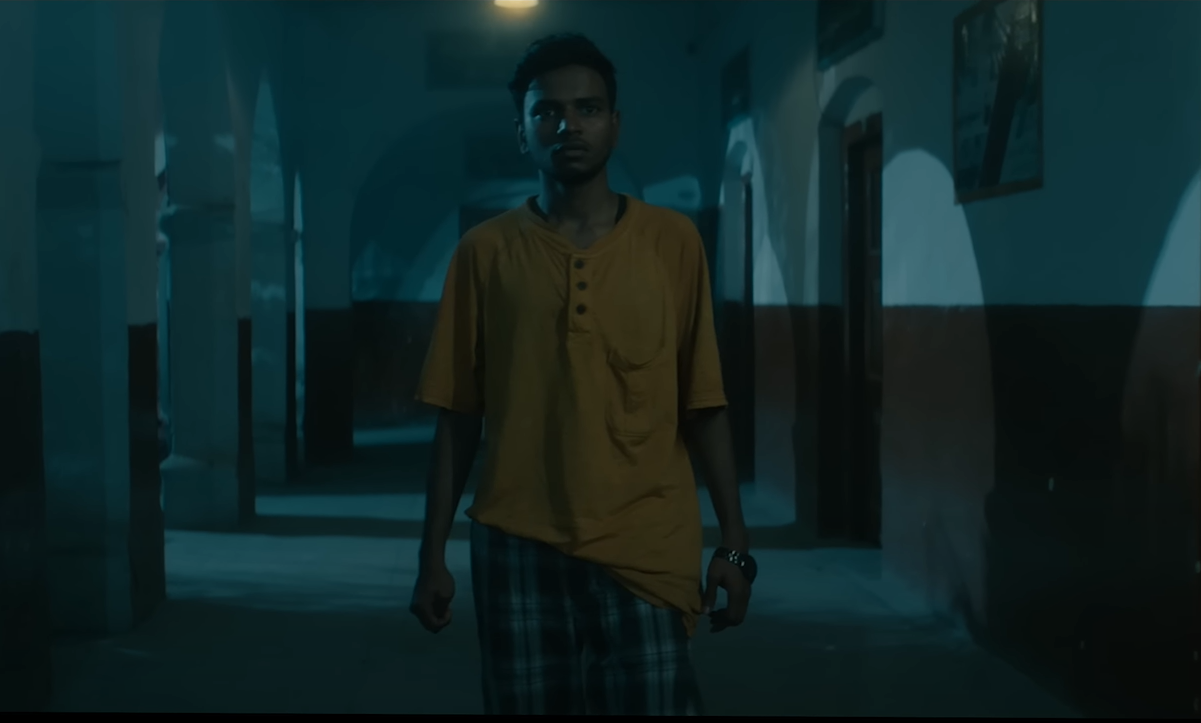 Considering Mukhtar and his team worked three and half months just to perfect the sound design, it's no surprise that the scores completely took over the film, carrying a dreadful pinch with every soulful vocal. "I wanted to play with the silences in the scenes; it was supposed to be very organic and raw," explained the Sabaat actor, while appreciating music director MRKLE and the Stardek team.
Considering Mukhtar and his team worked three and half months just to perfect the sound design, it's no surprise that the scores completely took over the film, carrying a dreadful pinch with every soulful vocal. "I wanted to play with the silences in the scenes; it was supposed to be very organic and raw," explained the Sabaat actor, while appreciating music director MRKLE and the Stardek team.
Staying true to its psychological thriller origin, the short film stuck to a rather simple storyline that toyed with South Asian myths and stories. Inspired and later fictionalised, Gulabo Rani stems from a story Mukhtar heard took place within the premises of a university in Taxila, around 15 years ago.
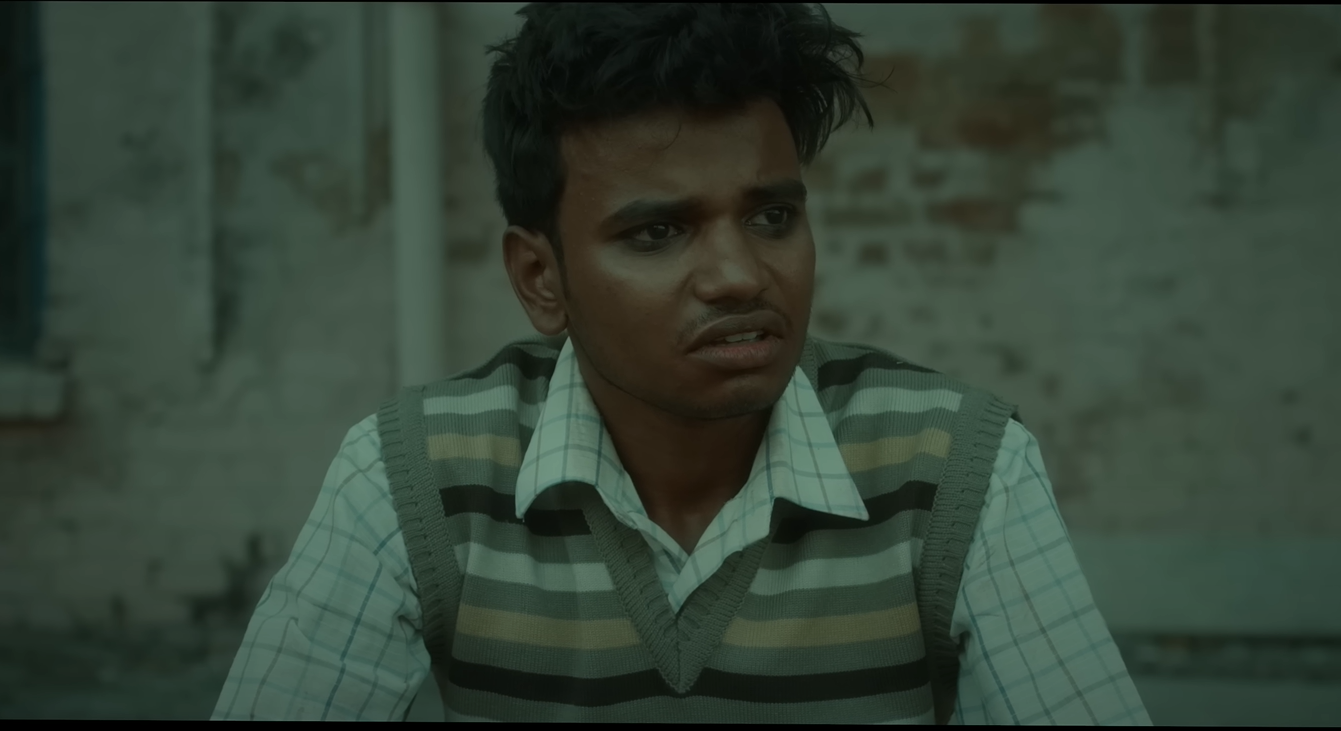 "When I was growing up, I was a huge horror movie fan. The stories we were told as a kid such as the women standing at Karsaz, play a huge role in producing impactful horror films as we have grown up listening to them," said the Parchi star. "We don't have a visual representation of our stories. In foreign countries, there is a horror film for every myth they are told, whether it's The Grudge, The Omen, or even The Exorcist," he added.
"When I was growing up, I was a huge horror movie fan. The stories we were told as a kid such as the women standing at Karsaz, play a huge role in producing impactful horror films as we have grown up listening to them," said the Parchi star. "We don't have a visual representation of our stories. In foreign countries, there is a horror film for every myth they are told, whether it's The Grudge, The Omen, or even The Exorcist," he added.
"South Asia has scarier stories to tell, it's only on us to bring them on the big screen."
Upon being asked about the key to making successful films, Mukhtar said, "I think the films that don't do well in box offices, it's pretty obvious from the start that they won't. I don’t know why the producers don't look at the trailers, I genuinely believe that if your content is good, your film is bound to do well. But, if the film is comprised of lazy writing, or a rip-off or cheap copy from the neighbouring country, it won't attract an audience. People are tired of seeing the same storylines, and same formula films, why would they pay to watch something they have already seen, again and again?"
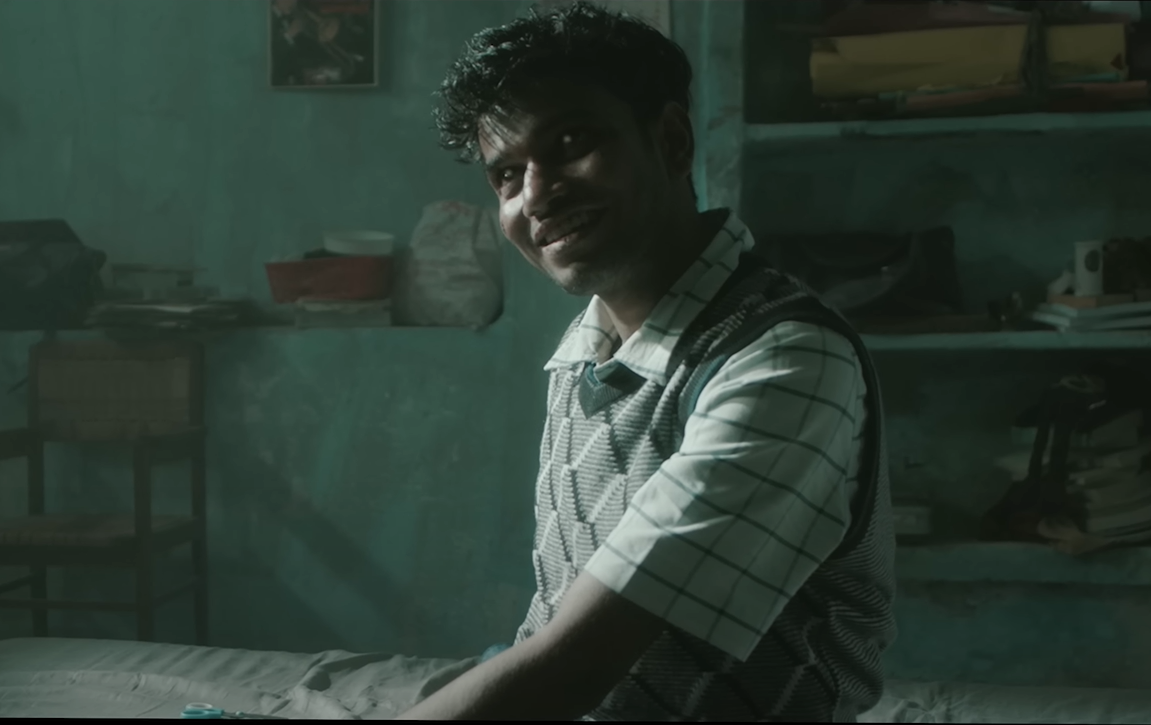 He further noted how the stigma associated with the horror genre in filmmaking limits people from making such movies. "I think every other genre, aside from rom-com is difficult to work on," Mukhtar expressed. "But, the horror genre of filmmaking is looked down upon in Pakistan, it's seen as the step-child of filmmaking here. Most people and even producers feel that horror films will come out as 'funny'. So, our idea with Gulabo Rani was to change this stigma associated with the genre."
He further noted how the stigma associated with the horror genre in filmmaking limits people from making such movies. "I think every other genre, aside from rom-com is difficult to work on," Mukhtar expressed. "But, the horror genre of filmmaking is looked down upon in Pakistan, it's seen as the step-child of filmmaking here. Most people and even producers feel that horror films will come out as 'funny'. So, our idea with Gulabo Rani was to change this stigma associated with the genre."
If there was one thing that could have upped the notch in the short film, it was the visuals of the spirit of Gulabo Rani. Although her grim presence inside Akhtar's body was lethal to any fragile heart, her "ghostly" face which knocked on his door did not do justice to her scary demeanour. Maybe if her face wasn't really shown to the audience, or remained a blurred persona that glares as it did at the end of the film, it would have created an even larger mystery around Gulabo Rani, and the terrors she is capable of inflicting upon her targets.
Before concluding the interview, Muhktar confirmed that if they find a producer to fund, a feature horror film will be in the works! "We made this short film to show financiers and producers the look and feel of a feature film we intend to make. Hopefully, we soon get a producer on board."
Have something to add to the story? Share it in the comments below.

1680330589-0/ipiccy_image-(57)1680330589-0.webp)
COMMENTS
Comments are moderated and generally will be posted if they are on-topic and not abusive.
For more information, please see our Comments FAQ